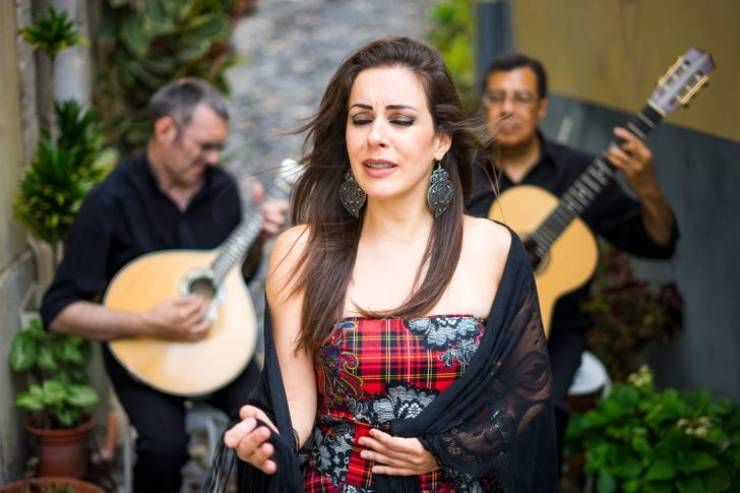There is a cult of longing in Portuguese culture.

The main feature of Portuguese culture is fatalism, which is called “Fado” here. It is believed that the right fado will ravage you with melancholy, loneliness, and longing so much that it brings tears to your eyes. There is a special musical genre, which includes songs with sad melodies that are most often about the sea, unrequited love, and the inevitability of fate. This is largely due to the fact that Portugal was a great maritime power. The sailors would set sail, and their relatives would yearn for them with all their hearts.
Therefore, if you are lucky to see a performance of fado, don’t clap your hands at the end of the song. Fado is all about feelings. In 2011, UNESCO recognized this genre as an intangible national treasure. Also, Lisbon has a museum where you can trace the history of fado from the early 19th century to the present day.
Life is very measured here.
Local people are not trying to do a million deals at once. No one hurries anywhere, everyone enjoys each moment of their life. Any deals can be postponed until tomorrow. It’s the norm to be 30 minutes or even an hour late for a meeting. Oftentimes, lines in supermarkets move very slowly because the cashier and the customer might suddenly start an occasional chat. At the same time, no one feels stressed out about it, no one sighs, no one rolls their eyes, looks at their watch, or acts resentful.

Portugal had a serious drug problem a few decades ago and completely solved it that way. There are far less drug addicts now than in other countries.

Instead, the São João night in Porto (23/6) and the Santo António night in Lisbon (12/6) are the best nights.... everyone is in the streets, parties with music, food and drink in every neighborhood in those towns. If you want to mingle with the locals in these towns, those are the nights to do it






Portugal had a serious drug problem a few decades ago and completely solved it that way. There are far less drug addicts now than in other countries.
Instead, the São João night in Porto (23/6) and the Santo António night in Lisbon (12/6) are the best nights.... everyone is in the streets, parties with music, food and drink in every neighborhood in those towns. If you want to mingle with the locals in these towns, those are the nights to do it
Same, born and raised in ÉVORA, 40 years of age and have never heard of that tradition.